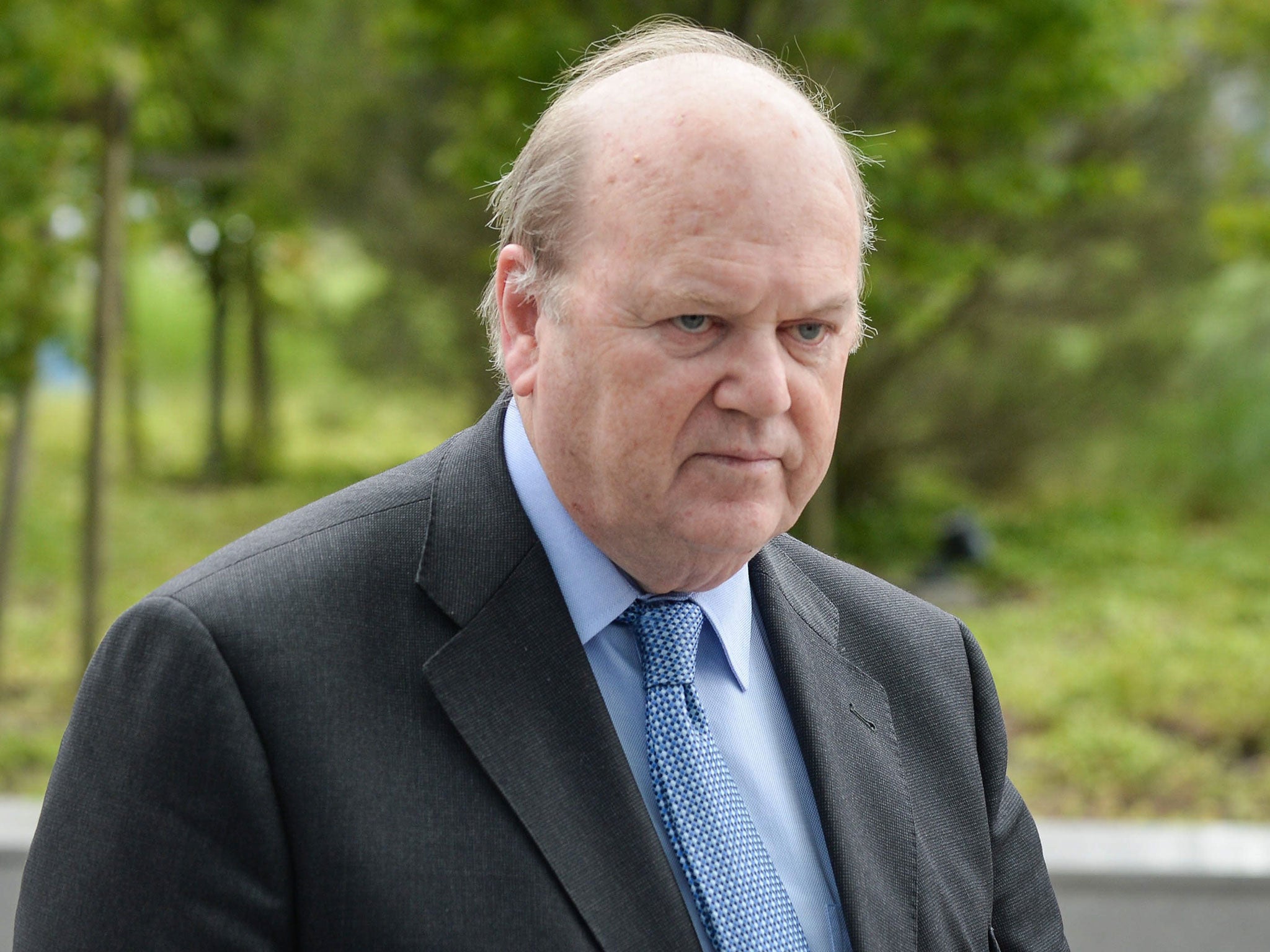Ireland’s economy grows 26.3% in 2015 as corporations flock to low tax rate
€300 billion of assets were transferred to Ireland last year as companies moved their headquarters to take advatage of its 12.5% corporation tax, but some have questioned the figures

Ireland’s economy grew by more than 26.3 per cent in 2015, largely as a result of “corporate restructuring,” the country's Central Statistics Office said on Tuesday.
Much of the growth is the result of a number of multinationals that moved their headquarters to Ireland last year, to take advantage of a corporate tax rate of 12.5 per cent. This compares to an OECD average of 24.85 per cent and a US rate of 38.9 per cent.
A press statement from the CSO explained the upward revision from the 7.8 per cent it had originally reported in March was the result of “an increase in the number of new aircraft imports for Ireland,” as well as “corporate restructuring both through imports of individual assets and also reclassifications of entire balance sheets.”
€300 billion of assets were transferred to Ireland last year, the CSO figures show. This amounts to €66,700 for each of its 4.5 million population.
However, the CSO noted that that “employment has not changed greatly as a result.”
Analysts have doubted that the figures represent the true position of the Irish economy, which emerged from a €67 billion bailout from a troika of international creditors led by the International Monetary Fund two years ago.
“The 26.3 per cent makes for a great media headline. But if the media want to go find this growth, they might as well go plane-watching at Dublin airport,” said Aidan Regan, assistant professor in the School of Politics and International Relations at University College Dublin.
The average household didn't wake up phenomenally richer this morning
Speaking to Reuters, KBC chief economist Austin Hughes said, “The reality is that the average household didn't wake up phenomenally richer this morning. Public and private debt still remain where they are and Brexit will still have the same sort of impact envisaged.”
Michael Noonan, Ireland's finance minister, said in a statement that the figures showed Ireland was enjoying “real growth”.
“Peoples’ lives are improving with more at work than at any time since the onset of the downturn. We no longer need to impose swingeing cuts to public services, rather we have room to invest in services and infrastructure,” Noonan said.
George Osborne to reduce UK corporation tax
The figures come as George Osborne announced plans to reduce the UK’s corporate tax rate to 15 per cent by 2020, down from 20 per cent now and 28 per cent when he became Chancellor in 2010. The UK’s rate is already the lowest in the G20.
The head of the World Trade Organisation, Pascal Lamy, and a host of charities have already criticised Mr Osborne’s move as dangerous “tax competition”, which reduces corporate tax revenues everywhere in the world, including in developing countries.
Ireland has come under international pressure over its low tax rate, particularly from the US. Over 700 US companies are now officially based in Ireland, many having used so-called “inversion” deals.
In April, US pharmaceutical giant Pfizer backed down from a $160bn inversion, which would have seen it technically purchased by smaller Dublin-based Allergan.
Had the deal gone through Pfizer would have been able to lower its tax bill by transferring billions in profits to the low-tax economy.
Business news: In pictures
Show all 13Barack Obama has called corporate inversions one of the “most insidious tax loopholes out there.”
Apple is currently facing EU action over the low tax rate it pays in Ireland. The EU claims that the “sweetheart” deal offered to the American company amounts to illegal state aid.
However, in a budget speech last year finance minister, Noonan, said that he would “defend our 12.5 per cent corporation tax rate and promote innovation as the lynchpin of our jobs policy, underpinned by strong alliances with our European partners.”
Subscribe to Independent Premium to bookmark this article
Want to bookmark your favourite articles and stories to read or reference later? Start your Independent Premium subscription today.

Join our commenting forum
Join thought-provoking conversations, follow other Independent readers and see their replies